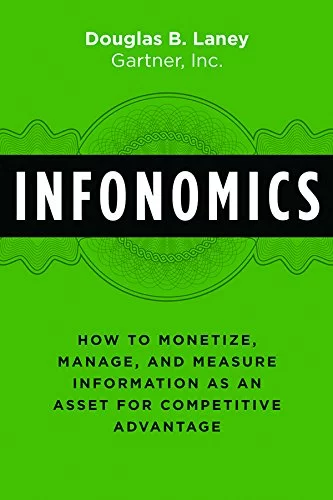At a Glance
Title: Infonomics: How to Monetize, Manage, and Measure Information as an Asset for Competitive Advantage
Target Audience: Executives, data scientists, entrepreneurs, and anyone interested in leveraging information as a valuable asset.
Topic: How to treat information as a strategic asset in businesses.

- Author: Douglas B. Laney
- Language: English
- Pages: 224 pages (Kindle Version)
- Price: Approx. 13 Euro (hardcover version) | Approx. 15 – 23 Euro (Kindle Version)
- Pros: Offers a comprehensive approach to treating information as an asset, with concrete strategies and techniques.
- Cons: Concept-heavy, could use more examples, not much new for experts, and a lot of promotion for Gartner
- Buy: Amazon
In Detail
Infonomics is a groundbreaking book that revolutionizes the way businesses perceive information. Douglas B. Laney argues that in today’s data-driven world, information is as valuable as physical assets and should be treated with the same care and strategy.
While data is referred to as the gold of the 21st century, often methods to measure its value are missing. In his book, Laney offers practical solutions to apply traditional business rules to the emerging information market. Many executives claim that information is their most valuable asset, yet their actions often speak against it.
The book strongly relates to the topic of data strategy. Laney emphasizes the need to not only collect and store data but also effectively monetize, manage, and measure its value. He offers concrete techniques and examples of how businesses can do this, making it a valuable resource for anyone wanting to develop a data strategy.
The book delves deeply into the diverse use of data in businesses:
- In the first section, “Monetize“, the potential of data is highlighted. It sheds light on how data can not only provide direct economic benefits but also indirectly. This section offers a plethora of examples that illustrate the logic behind strategically leveraging data.
- The second section, “Manage” focuses on effective data management. It provides insights into the challenges businesses face and showcases best practices to treat data as a valuable resource. The focus is on building an organization that operates with data competence and awareness.
- Finally, “Measure” discusses the valuation of data as a business asset. Methods and models are introduced that assist businesses in recognizing the true value of their data and integrating it into their overall strategy.
Douglas B. Laney is a recognized expert in the field of data and analytics and has years of experience consulting businesses in this domain. His writing style is clear and accessible, filled with many practical examples and case studies that illustrate the concepts.
Compared to other books on data and analytics, “Infonomics” stands out with its comprehensive approach and practical applicability. It’s not just a theoretical work but offers concrete strategies and techniques that can be applied in the real business world.
In “Infonomics”, Laney urges treating information as the valuable asset it is and challenges outdated views on data and IT. He emphasizes that it’s not enough to simply hire employees with modern titles like “Chief Data Officer”. The book demonstrates how businesses can monetize their data and extract measurable business value from it. “Infonomics” is a significant addition to the growing literature on the power of data in the information age.
I would recommend this book to anyone interested in learning more about the economic benefits of a data-driven business and how data can be effectively utilized to gain competitive advantages.
This text was created with the help of ChatGPT.

